Geoffrey Hinton
Early Life and Education
Geoffrey Everest Hinton was born on December 6, 1947, in Wimbledon, London. He is the great-great-grandson of the logician George Boole, whose work eventually became one of the foundations of modern computer science. Hinton was educated at King's College, Cambridge, graduating in 1970 with a Bachelor of Arts in Experimental Psychology. He continued his studies at the University of Edinburgh, where he was awarded a Ph.D. in Artificial Intelligence in 1977 for research supervised by Christopher Longuet-Higgins.
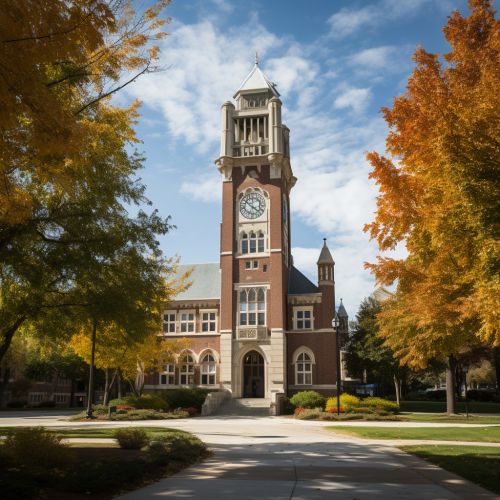
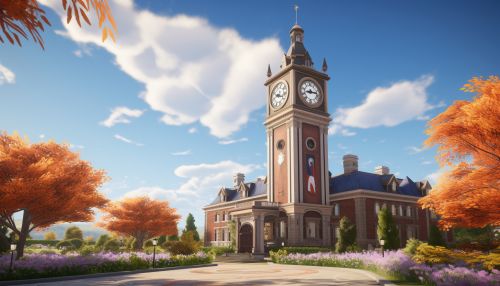
Career and Research
Hinton moved to the United States for postdoctoral work, where he was influenced by the work of Rumelhart and McClelland on parallel distributed processing and the concept of backpropagation. He then moved to Carnegie Mellon University where he continued his research on neural networks. In 1987, Hinton joined the Department of Computer Science at the University of Toronto. He was the founding director of the Gatsby Computational Neuroscience Unit at University College, London, returning to the University of Toronto in 2001.
Hinton's research since the 1980s has been focused on deep learning and artificial neural networks. His work with students Radford Neal and Ruslan Salakhutdinov on Restricted Boltzmann Machines has been particularly influential. He has also made significant contributions to the fields of unsupervised learning, object recognition, and semantic hashing.
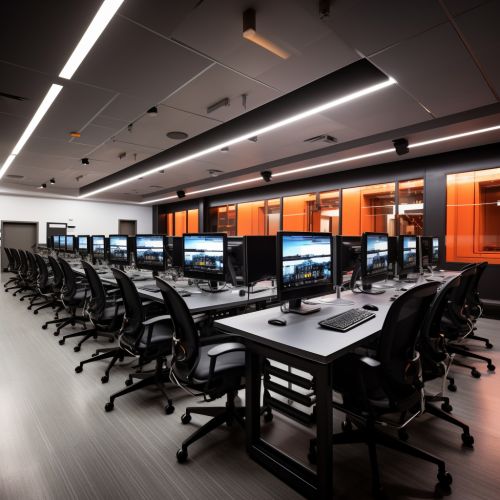
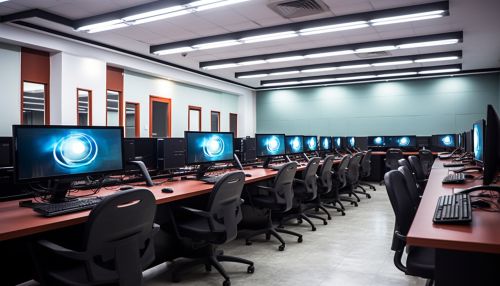
Contributions to Machine Learning
Hinton's most significant contribution to machine learning is the concept of Deep Learning. He and his team were the first to train a deep neural network to levels of performance that exceeded previous methods, leading to a revolution in the field. Hinton's work on backpropagation, Boltzmann machines, and deep learning has been fundamental to the development of artificial intelligence.
Hinton has also made significant contributions to the field of Reinforcement Learning. His work on temporal-difference learning, a concept central to many reinforcement learning algorithms, has been highly influential.
Awards and Honours
Hinton's work has been recognized with numerous awards and honours. He was awarded the Rumelhart Prize in 2001 and the IEEE Neural Networks Pioneer Award in 1998. In 2013, Hinton was awarded the Killam Prize for Engineering, and in 2016, he was the co-recipient of the NSERC Herzberg Gold Medal, Canada's top science prize. In 2018, Hinton, along with Yoshua Bengio and Yann LeCun, was awarded the Turing Award, often referred to as the "Nobel Prize of Computing", for their work in deep learning and neural networks.
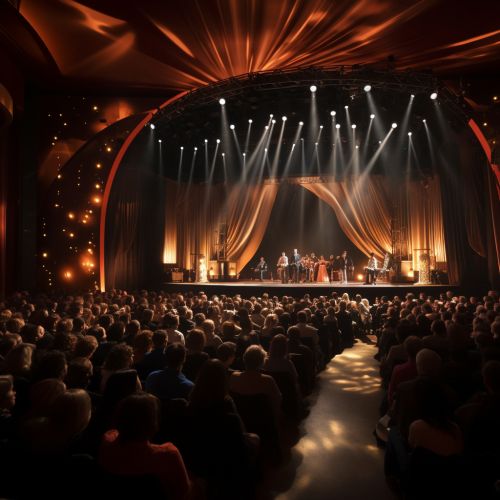
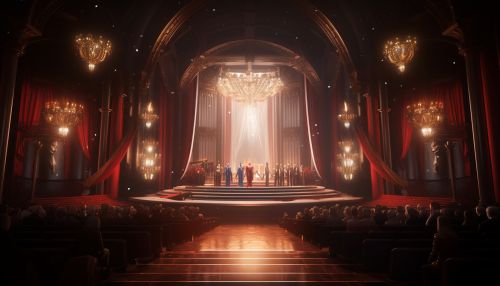
Personal Life
Hinton is married to Radford Neal, a professor and researcher in statistics and machine learning. They have one child. Hinton is known for his love of fast cars and hiking.
